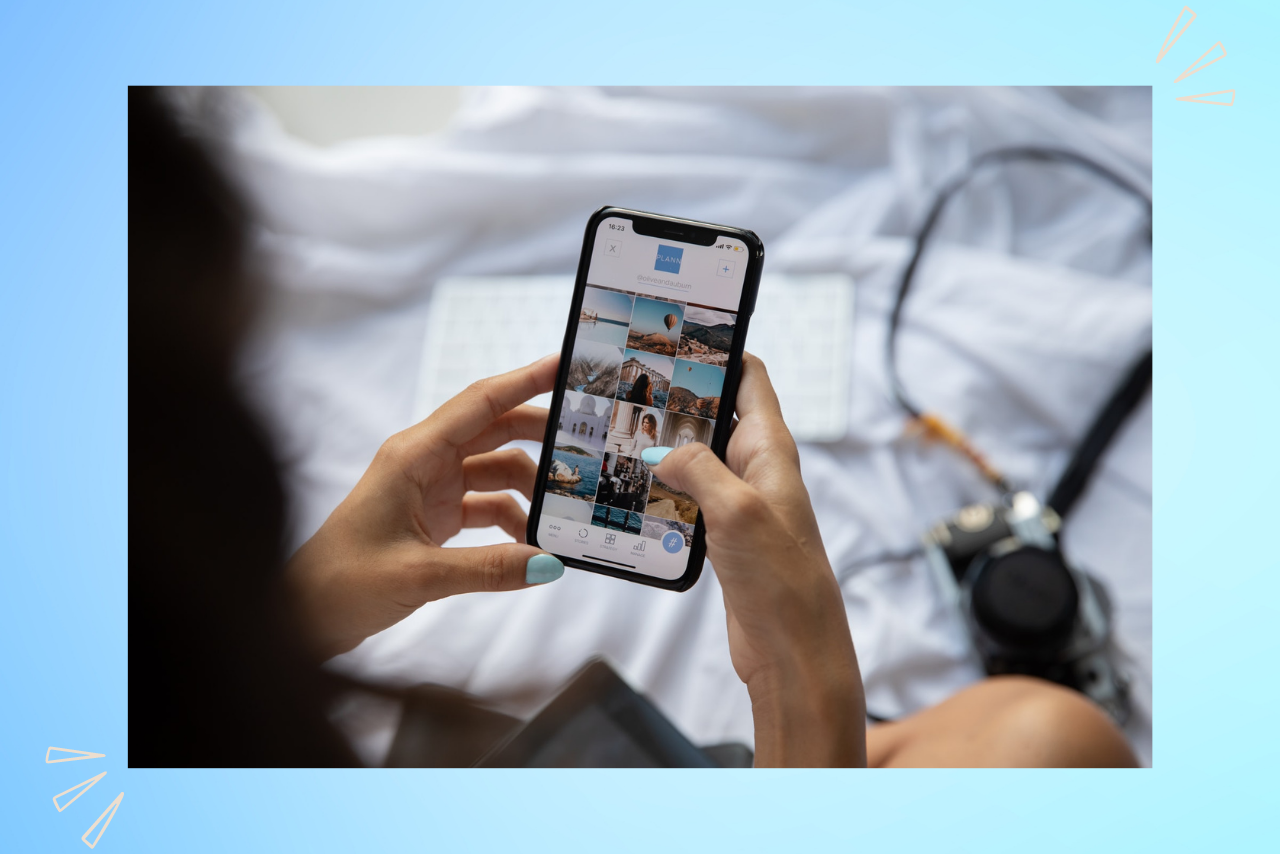Treating yourself is a necessity. The Internet is a place full of insight on where to buy the coolest, trendiest, most life-changing products you absolutely need — at least that’s how we have been conditioned.
When posts promote products as the new, must-have item, it’s easy to buy into the hype. Influencers post to their Amazon storefronts, collaborate with brands, and assure their followers that purchasing through their affiliate link will be worthwhile. Yet, more often than not, it is difficult to discern whether the advice is genuine or due to a paycheck.
In our increasingly digital world, the lines are blurred. Escapism onto platforms such as TikTok or Instagram has shifted towards a certain cognizance of the constant advertisements flooding users’ feeds. Influencers often do offer well-informed advice on the top products, however, one must remain aware of the potential monetary biases at play.
Influencing has become such a pertinent aspect of the Internet that the newest trend in the cycle is dubbed “de-influencing.” De-influencing is concerned with reducing impulse purchasing and encouraging consumers to save their money. In turn, some influencers are even promoting cheaper “dupes” of popular products — again, perpetuating some arguably unnecessary purchases.
Most college students do not have the funds to responsibly partake in the influx of product trends, nor is this overconsumption healthy. Social media has seemingly normalized excessive purchasing in order to remain relevant and on top of the trends. Admittedly, I have fallen victim to purchasing trending products online, and likely (definitely) will again in the future. But, admitting you have a problem is the first step toward reducing material oversaturation!
Don’t get me wrong, indulging and treating yourself truly is needed sometimes. But, for your sake, it’s important to enforce decisive boundaries.

First, ask yourself: “is this really worth it?” Sure, maybe that product will make your hair glossier than ever and smell like a tropical getaway. Or, maybe that product will end up in the back of a drawer with all the other products that have failed to live up to the hype. Next, take a moment to reflect on if you would be purchasing this product on your own accord, away from digital persuasion. Of course, you are the one making the final decision to click ‘buy’ or tap your card. Yet, would you be contemplating this if your feed hadn’t been curated to promote the latest trend most adjacent to your interests? If your famous (parasocial) friend on TikTok didn’t advise you to as it is the most important step of their makeup routine (or skincare process, or #GWRM, or…)? Finally, do what your heart desires but do not neglect reason.
It’s not easy to be de-influenced. Social media has become a full-time advertising tool, and sometimes what’s being promoted is too good to pass on. The instant dopamine rush of arriving home to see your package containing what you’ve been wanting ever since it went viral last week is unmatched (albeit fleeting).
Buying yourself something nice is fulfilling, that’s a fact. But so is establishing limits, and buying things you truly want – not what has been pushed upon you. FOMO is never fun, but staying true to your values will be more worth it than splurging on the latest style of UGG minis, that shade of Rare beauty blush, or whatever the next big thing is. Plus, your bank account (and conscience) will thank you.
Can’t get enough of HC UMass Amherst? Be sure to follow us on Instagram, listen to us on Spotify, like us on Facebook, and read our latest Tweets!




